Tick-borne Encephalitis occurs as a result of a flavivirus. This virus is from the family as Japanese encephalitis and yellow fever. Normally, the virus is spread by tick bites. Spread can also occur through the consumption of unpasteurized milk. The virus takes up to fourteen days to incubate, and usually results in flu-like symptoms. Encephalitis and coma might follow the incubation period. The Eastern strain of the virus can lead to severe disease more often than the central strain. Eastern and Central Europe as well as Russia are the endemic areas of the virus, which can spread to Scandinavia, Greece, Italy and Japan. Transmission mainly occurs during spring and summer.
Treatment and vaccination
There is no specific recommended mode of treatment when it comes to Tick-borne Encephalitis. Instead, one should focus on prevention, through the use of prophylactic measures like extracting ticks and the use of insect repellant. Immunization should also be undertaken if traveling to areas of high risk. A vaccine has been created in Austria which is said to have a 99.2% success rate.
Immunization should be undertaken around a month before traveling. When immunized correctly, one should be immune to all strains of the virus. Rapid short term protection can be given two weeks after the first administration of the vaccine. If there is a continued risk of Tick-borne Encephalitis, a booster vaccine should be taken every three years. Immunity reaches its maximum around one week after the second dose is taken.
The vaccine should not be given to those who have experienced an anaphylactic reaction to any previous vaccinations. The Tick-borne Encephalitis is made in egg protein, so an allergic test should be undertaken in order to ascertain whether the patient can safely receive the vaccine. Some reactions can also occur, including redness, swelling and fever. The vaccine is safe for those who have asthma, hay fever, eczema or other types of allergies.
In the case of acute illness, vaccination should not be undertaken until the illness has fully resolved. Minor infections or upsets might still allow the safe reception of the vaccination. Pregnant women will most likely suffer no adverse reaction to the vaccination procedure. However, the vaccine should only be given to pregnant or breastfeeding women if the need for vaccination is urgent. For those suffering from HIV or immunosuppression, the inactivated vaccine is safe for administration, regardless of the individual’s CD4 count. A full immune response might not be possible for these individuals.


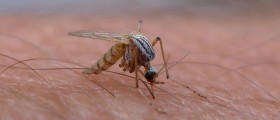





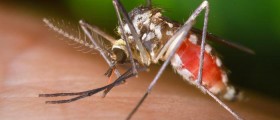
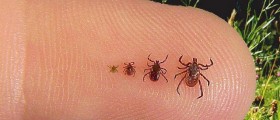

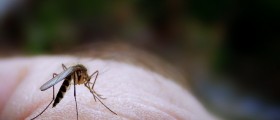



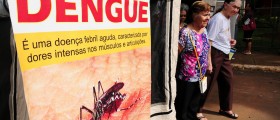

Your thoughts on this
Loading...